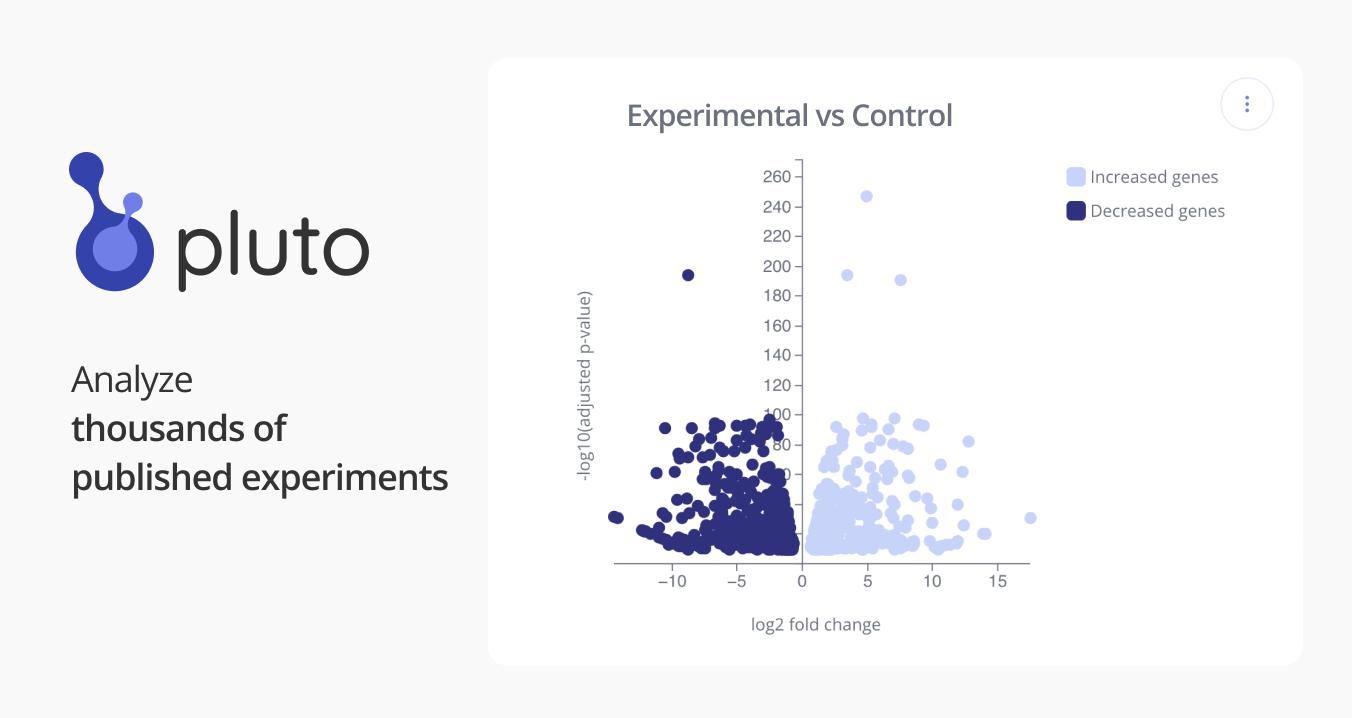Pluto Bioinformatics
GSE85891: Keratinocytes contribute intrinsically to psoriasis upon loss of Tnip1 function
Bulk RNA sequencing
To increase our understanding of psoriasis, we utilized RNA-seq to assay the transcriptomes of skin samples from 3 Tnip1+/+ and 3 Tnip1-/- mice that were treated for two days with imiquimod (IMQ) and performed cross-species analyses with human transcriptome data derived from psoriasis patients and healthy subjects (GSE54456). Intriguingly, the vast majority of genes deregulated in Tnip1-/- mice correlated with their human counterparts, substantiating the interpretation that gene deregulation in Tnip1-/- mice reflects a psoriasis-specific pattern rather than being the consequence of an overall exaggerated inflammatory skin response. Together, the data demonstrate that loss of Tnip1 function leads to genetic susceptibility against IMQ, akin to human disease. As expected, gene ontology (GO) analysis highlighted gene sets known to be affected in psoriasis, such as epidermal development, immune/ defense response, proteolysis and response to wounding. SOURCE: David Finkelstein (david.finkelstein@stjude.org) - St Jude Children's Research Hospital
